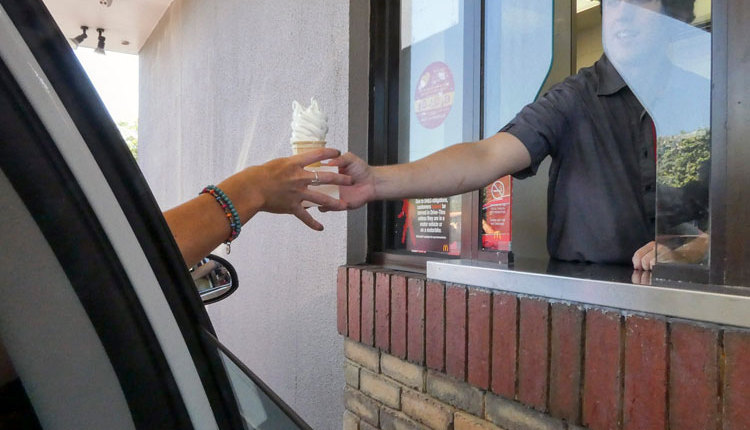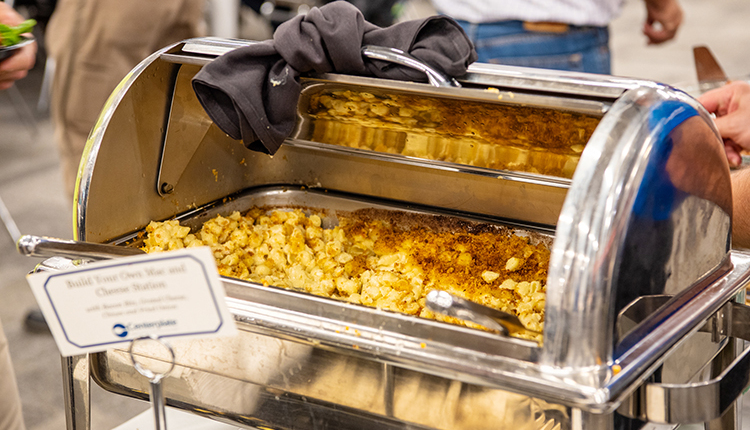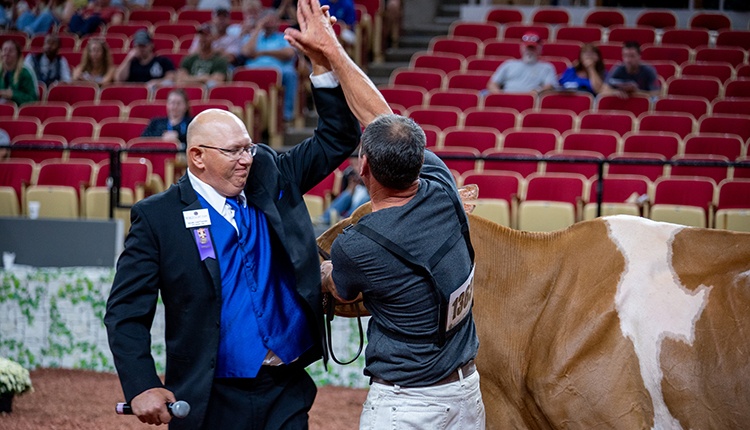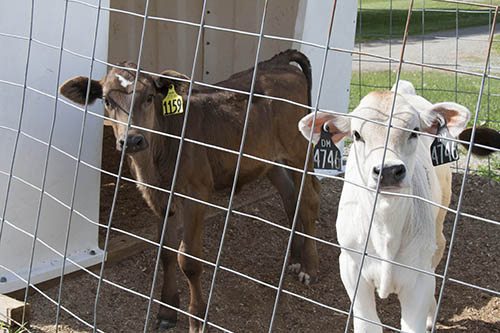
Group housing is becoming a more popular and acceptable way to raise dairy calves. Besides feeding and health benefits, new research shows that raising calves in a group setting might also make them smarter.
Researchers at the University of British Columbia conducted an experiment where calves housed in pairs were taught an easy task. Calves entered a test pen and could approach a black bottle to receive milk or a white bottle to receive nothing. The calves learned rapidly and soon all knew to only approach the black bottle.
The bottles were then switched, with the white one providing the milk reward. All calves initially struggled with the new task, but those that that were pair-housed figured it out sooner while the individually housed calves struggled for longer.
In another experiment, individually and pair-housed calves were exposed to a red rubber ball in their pen. Both groups of calves showed interest at first, but after several exposures the individually housed calves continued to investigate the ball while the paired calves showed the anticipated habituation response and ignored it. Habituation, when an animal responds strongly to a novel stimulus but then shows a reduced response, is the simplest form of learning.
This is the first evidence to show that individual housing may cause cognitive deficits in calves. These cognitive skills could be important during times of life when animals are expected to adjust to new surroundings, pen mates, feeds and so on. Research has shown that individually housed calves suffer more with these transitions, resulting in reduced feed intake and less weight gain. Calves that have learned from their peers in a group setting before weaning may be better equipped to take these changes in stride later in life.
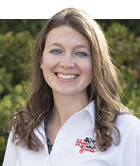
The author is an associate editor and covers animal health, dairy housing and equipment, and nutrient management. She grew up on a dairy farm near Plymouth, Wis., and previously served as a University of Wisconsin agricultural extension agent. She received a master's degree from North Carolina State University and a bachelor's from University of Wisconsin-Madison.






